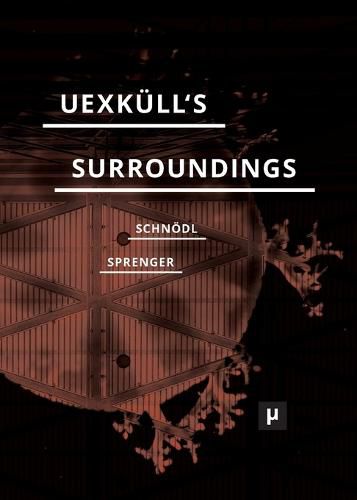Readings Newsletter
Become a Readings Member to make your shopping experience even easier.
Sign in or sign up for free!
You’re not far away from qualifying for FREE standard shipping within Australia
You’ve qualified for FREE standard shipping within Australia
The cart is loading…






This title is printed to order. This book may have been self-published. If so, we cannot guarantee the quality of the content. In the main most books will have gone through the editing process however some may not. We therefore suggest that you be aware of this before ordering this book. If in doubt check either the author or publisher’s details as we are unable to accept any returns unless they are faulty. Please contact us if you have any questions.
With its diversity of possible Umwelten or environments for living things, Jakob von Uexkull’s Umwelt theory has been hailed by many readers as the first step toward an innovative, pluralistic conception of nonhuman life. But what is generally ignored is its structural conservatism, its identitarian logic in which everything should remain in its place and nothing should mix, and its proximity to Nazi ideology and politics. By turning the spotlight on these neglected aspects, Uexkull’s Surroundings opens up a new perspective on Uexkull’s Umwelt theory.
$9.00 standard shipping within Australia
FREE standard shipping within Australia for orders over $100.00
Express & International shipping calculated at checkout
This title is printed to order. This book may have been self-published. If so, we cannot guarantee the quality of the content. In the main most books will have gone through the editing process however some may not. We therefore suggest that you be aware of this before ordering this book. If in doubt check either the author or publisher’s details as we are unable to accept any returns unless they are faulty. Please contact us if you have any questions.
With its diversity of possible Umwelten or environments for living things, Jakob von Uexkull’s Umwelt theory has been hailed by many readers as the first step toward an innovative, pluralistic conception of nonhuman life. But what is generally ignored is its structural conservatism, its identitarian logic in which everything should remain in its place and nothing should mix, and its proximity to Nazi ideology and politics. By turning the spotlight on these neglected aspects, Uexkull’s Surroundings opens up a new perspective on Uexkull’s Umwelt theory.